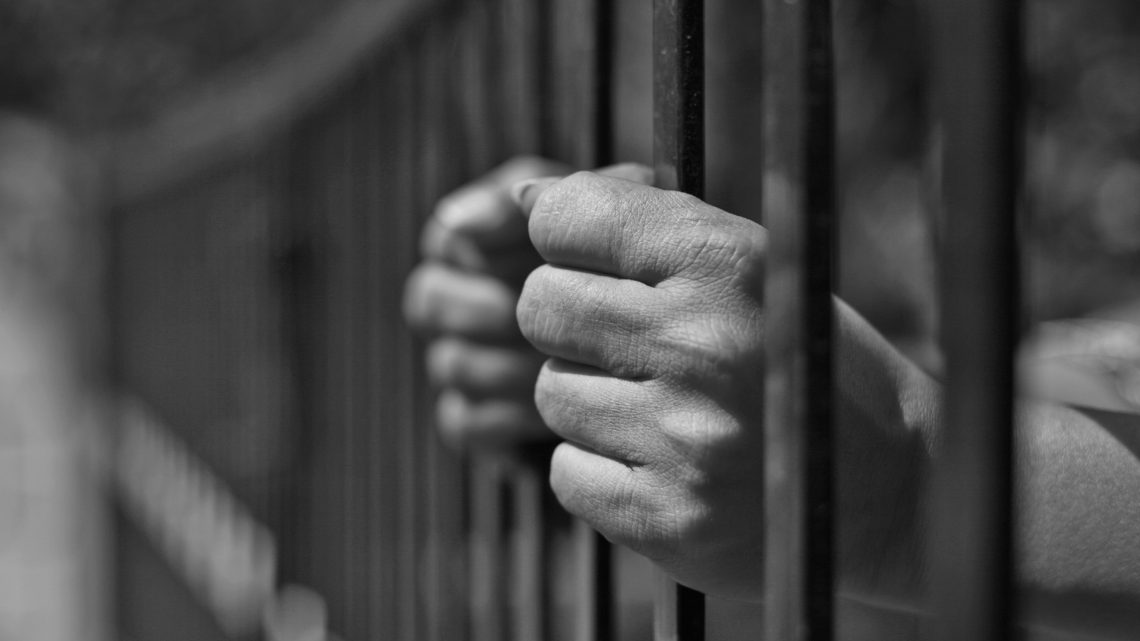
An Indian Judge Just Threw a Rape Survivor in Jail for Shouting in Court
July 17, 2020This article originally appeared on VICE India
On July 10 a young woman entered a courtroom in India's eastern state of Bihar. Just a week earlier she claimed that four men had lured her to an isolated spot, saying they'd teach her how to ride a motorcycle. Instead, they'd raped her.
Later, the 22-year old woman says she'd approached two female activists with a trade union group called Jan Jagaran Shakti Sangathan (JJSS) who'd taken her into a private home and helped her file a police complaint.
Over the following days, she was made to repeat her ordeal again and again. The police officials also leaked her identity to her neighbours, which was how her family learned what had happened. One of the accused’s family also tried to get her to drop the charges with a marriage proposal. By the time the woman reached the courtroom on July 10, she was feeling angry, tired, and fragile.
When two female activists with JJSS who'd been supporting the victim were asked to leave the courtroom, she raised her voice and angrily demanded they be allowed to stay.
“At this point, her dam of emotions broke,” said Ashish Ranjan, secretary of JJSS. “She was already traumatised. There was no counsellor. Having to wait with her rapist in the same room, and repeating her ordeal for four-five hours in that heat, took a toll.”
In a statement, JJSS said that judge Shahi, who was visibly upset by the woman's tone, suggested that she “should be sent to jail for her behaviour”.
As Ranjan explained, "He had decided that the survivor and her two activist companions had disrespected him.”
And that's exactly what happened. The court clerk filed a police complaint against the survivor and the two activists for obstructing legal proceedings and using “criminal force” to stop the court's public servants from performing their duties.
Subsequently, the survivor and her two supporters were arrested and sent into 14-day judicial custody.
VICE News reached out to district Collector Prashanth Kumar, and district and sessions Judge Piyush Kamal Dixit. They each refused to comment on the case, and said the matter has been reported to the chief judicial magistrate.
“It’s a judicial order, hence I cannot interfere in it,” Dixit, under whom judge Shahi operates, told The Telegraph. “They (the survivor and the activists) will have to move for bail.”
JJSS has applied for their bail but its activists are unaware of the survivor’s mental health. Thanks to COVID-19 protocol, the three women are being housed at a jail in Dalsinghsarai, 240 kilometres away. “The girl desperately needs counselling for what she's been through. After all that, she is now in jail,” said Ranjan.
This has prompted 376 prominent lawyers to write a letter to the chief justice and other judges of the Patna High Court, which governs Bihar. “[The arrest] has also resulted in the case pertaining to gang-rape having been put on the back-burner,” said the letter.
The Bihar case is the latest in a string of shocking examples of Indian authorities mishandling sexual assault cases. In June, the High Court of the southern state of Karnataka gave bail to a man accused of rape after deciding it was "unbecoming" of the rape survivor to have slept after being "ravished."
In another case, the Guwahati High Court in the northeastern state of Assam granted divorce to a man who accused his wife of not wearing the sindoor, which is that dap of vermillion colour that women in Hindu tradition wear on their foreheads. It also quashed the woman’s complaint of harassment from her husband and his family.
In the latest National Crime Record Bureau (NCRB) data from 2018, one woman in India reported a rape every 15 minutes. "The country is still run by men. Most judges are still men," Lalitha Kumaramangalam, former chief of the National Commission for Women, told Indian news outlet Indian Today .
In 2013, after a brutal gang rape and murder of a woman in Delhi led to the death sentence of the rape accused, the Indian government amended the rape law. A “tougher” one redefined rape and made punishments more stringent, including awarding repeat offenders the death penalty.
However, experts say it’s difficult to gauge whether things improved after 2013 because there’s no comparative data. “From my experience, not much has changed on the ground,” says Rebecca John, a Delhi-based advocate who has taken up several cases of women during the country’s #MeToo movement.
“Judges continue to look at rape survivors suspiciously, and are quick to label them as being difficult or as someone who disturbs the peace and quiet of the courtroom. Often they are condemned for not reacted enough,” said John.
In 2018, the NCRB recorded 34,000 rape cases, out of which 85 percent led to charges and only 27 percent convictions.
“Why do women feel the need to speak their truths on social media and not access the legal system?” said John. “The reason why movements like #MeToo came up is because the courts have failed to provide justice to women.”
Follow Pallavi Pundir on Twitter .


